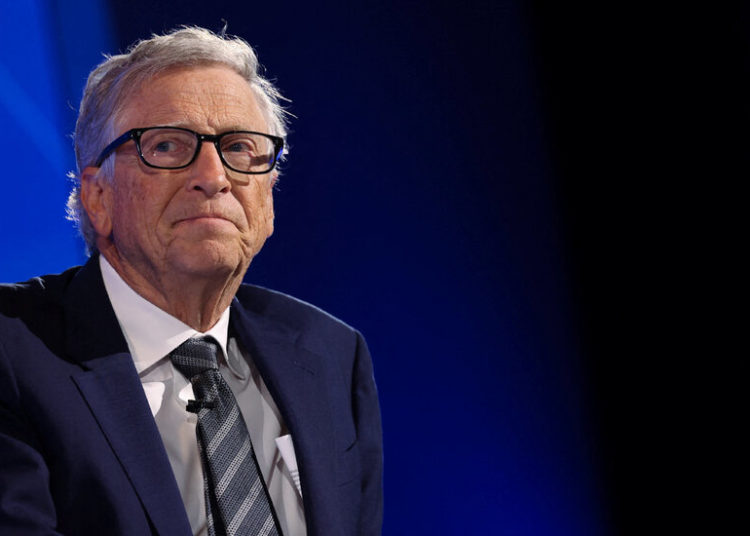The White House has withdrawn the nomination of Joel Rayburn, President Trump’s pick to serve as an assistant secretary of state, three officials familiar with the decision said on Monday.
No reason was provided for the move by the officials, who were not authorized to speak publicly about the withdrawal of Mr. Rayburn, a retired Army officer who served as U.S. special envoy for Syria during the first Trump administration. He was nominated to lead Middle East policy as assistant secretary of state for Near Eastern affairs.
After delays and internal opposition to his nomination left an uncertain path for confirmation, Mr. Rayburn’s nomination was advanced by the Senate Foreign Relations Committee to the full Senate this month. At least one Republican senator had publicly opposed his selection for the key State Department post, which is responsible for overseeing Middle East policy.
During his confirmation hearing in May, Mr. Rayburn clashed with Senator Rand Paul, Republican of Kentucky, over Mr. Rayburn’s ties to James Jeffrey, who was once his boss and a State Department official. Mr. Jeffrey admitted in 2020 to repeatedly misleading senior administration officials about the number of U.S. military troops who were then on the ground in Syria, an attempt to maintain a more significant presence while the Trump administration sought to rapidly remove U.S. forces in the country.
During the hearing, Mr. Paul appeared to link Mr. Rayburn to the actions of his former boss, whom he accused of betrayal. “It bothers me quite a bit,” Mr. Paul said during the hearing. “I think what James Jeffrey did was tantamount to treason, basically.”
As a deputy assistant secretary and a special envoy, Mr. Rayburn oversaw diplomatic policy toward Syria and supervised the work of dozens of U.S. diplomats and civil servants throughout the Middle East and Europe. He also held the title of U.S. chief of mission for Syria at the end of Mr. Trump’s first term.
Mr. Rayburn, who had bipartisan backing for his nomination, repeatedly denied any involvement in deceiving senior administration officials and said that the claims his predecessor made were “inaccurate — they were not correct.”
The remarks from Mr. Jeffrey, who, as special representative for Syria engagement during the first Trump administration, was responsible for overseeing the international military coalition countering the Islamic State, were made during an interview with Defense One, a defense industry news site. He said that he and other senior State Department officials within the Trump administration “were always playing shell games to not make clear to our leadership how many troops we had there.” He admitted to undermining Mr. Trump’s policy to withdraw troops from the region and said that the real number of U.S. troops in Syria was “a lot more” than what State Department officials had been ordered to allow.
“We had no role in reporting troop numbers to the president,” Mr. Rayburn said during his committee hearing over the summer. He added that he had “never participated” in any obfuscation and repeatedly denied any connection to a bureaucratic effort to defy the president from within the ranks of the executive branch.
Despite Mr. Paul’s opposition, Mr. Rayburn’s nomination passed the committee with a bipartisan vote, 15 to 7, to send it to the full Senate.
“I voiced my feelings that he was a mistake,” Mr. Paul said on Monday evening, shortly after receiving notice that the nomination had been withdrawn. “I had my doubts whether he would actually obey orders.”
Mr. Rayburn’s withdrawal highlights a weakness in the new system, established by Senate Republicans, to speed up confirmations. Under the process, nominees are grouped together for a single vote to move them quickly through the chamber. But the streamlined approach has made the objection of even one Republican senator far more significant. Now, if a single member raises concerns, that nominee must be pulled out of the group and handled separately, which significantly lowers that nominee’s chance of confirmation.
Megan Mineiro contributed reporting.
Robert Jimison covers Congress for The Times, with a focus on defense issues and foreign policy.
The post White House Withdraws Nominee for Top State Department Job appeared first on New York Times.




